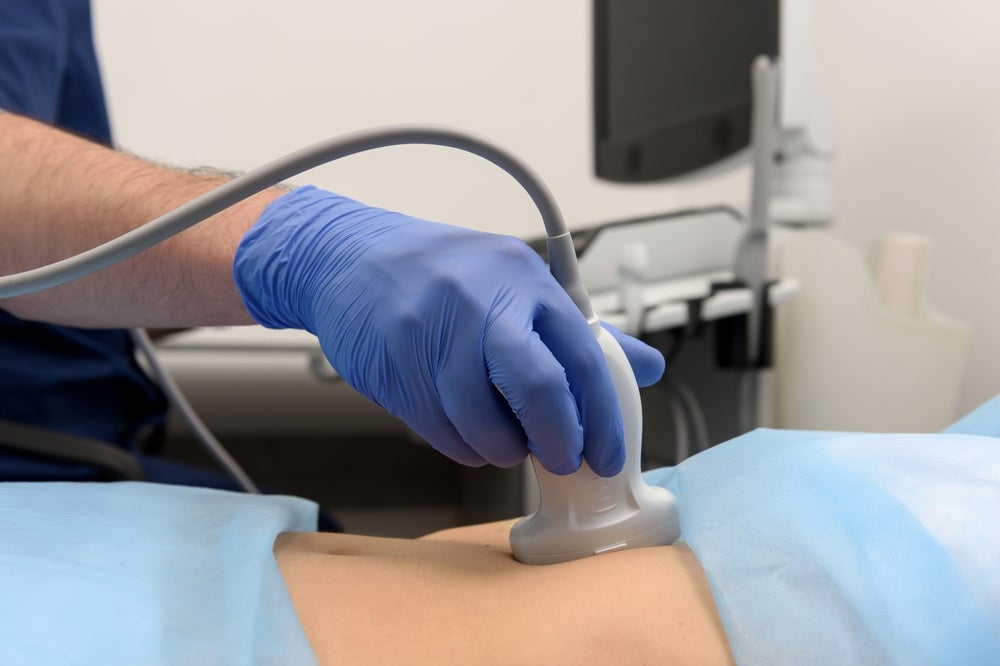At the American Academy of Neurology (AAN) 2025 Annual Meeting Contemporary Clinical Issues Plenary Session, held in San Diego, California, from 5 April to 9 April 2025, Genentech presented data on the B-cell levels of infants potentially exposed to ocrelizumab by mothers with multiple sclerosis (MS) in the MINORE (NCT04998812) and SOPRANINO (NCT04998851) studies. The presentation highlighted that ocrelizumab may be safe during pregnancy, and treatment with the drug may be resumed while breastfeeding.
In the session, Genentech stated that one in three women will become pregnant after receiving an MS diagnosis. With an increasing arsenal of disease-modifying therapies (DMTs) for MS, there is therefore consideration of the maternal-infant dyad and the question of the use of DMTs during pregnancy. Halting DMTs increases the risk of relapses in expectant mothers, but continued DMT treatment could risk exposure to the foetus. Key opinion leaders (KOLs) previously interviewed by GD stated that rather than resuming high-efficacy treatment of anti-CD20 monoclonal antibodies, patients who want to conceive are switched to low-to-moderate-efficacy DMT such as teriflunomide and fumarate – both options that are generally safe and well tolerated. The MINORE study investigated potential maternal ocrelizumab infusion at placental transfer and the SOPRANINO study investigated potential maternal ocrelizumab infusion with breastmilk transfer.
The MINORE study enrolled women with MS who received ocrelizumab less than six months before their last menstrual period or during their first trimester of pregnancy. Ocrelizumab was mostly undetectable in the umbilical cord blood samples at birth and in serum at week six of infant life. The adverse events (AEs) observed were typical for pregnancy, delivery and postpartum. In addition, all serious AEs resolved, and none were related to ocrelizumab.
The SOPRANINO study recruited women with MS who received ocrelizumab more than three months before their last menstrual period, and received ocrelizumab treatment between two and twenty-four weeks postpartum. Ocrelizumab levels in breastmilk over 60 days and in infant serum at 30 days post-infusion was assessed. Ocrelizumab was undetectable in infant serum and ocrelizumab levels in breastmilk were negligible, with an average relative infant dose of 0.3%. In both studies, B-cell depletion was not observed in the newborns at week six of life, but it is not known whether they can mount humoral responses against vaccines when they become infants. This will be revealed in the analysis of the pending results from the one-year follow-up.
These results support the recent change in March 2025 in the European summary of product characteristics (SmPC) for ocrelizumab. This states that women of childbearing potential should use contraception while receiving ocrelizumab for four months after the last administered dose – a reduction from the previous 12-month requirement. As Roche’s Ocrevus (ocrelizumab) shares the same mechanism of action as Novartis’ Kesimpta (ofatumumab) and TG Therapeutics’ Briumvi (ublituximab), the positive findings from the MINORE study are assumed to be able to extrapolate to these anti-CD20 mAbs. The SmPC for ublituximab also states that women of childbearing potential should use contraception while receiving ublituximab for four months after the last administered dose. But for ofatumumab, the use of contraception is suggested for six months after the last administered dose due to a somewhat longer half-life with this product, a more conservative precautionary measure against foetal B-cell depletion.
Findings from the SAPORINO study suggest that women with MS can be advised to resume their ocrelizumab treatment while breastfeeding. However, both Novartis (KATHAROS; NCT06444113) and TG Therapeutics (PROVIDE; NCT06143514) have opted to conduct Phase IV clinical trials to determine the concentration of their assets in the breast milk of lactating women receiving anti-CD20 mAbs. Should KATHAROS and PROVIDE demonstrate similar results to SOPRANINO, it could instill confidence in MS patients on either ublituximab or ofatumumab who want to breastfeed. Still, the studies must demonstrate that an unsatisfactory humoral response to vaccines is not developed in these infants potentially exposed to anti-CD20 mAbs. And if successful, there may be further revisions to the labels of anti-CD20 mAbs for use even during pregnancy, entirely shifting the DMT treatment paradigm for MS during pregnancy and breastfeeding.

US Tariffs are shifting - will you react or anticipate?
Don’t let policy changes catch you off guard. Stay proactive with real-time data and expert analysis.
By GlobalData





